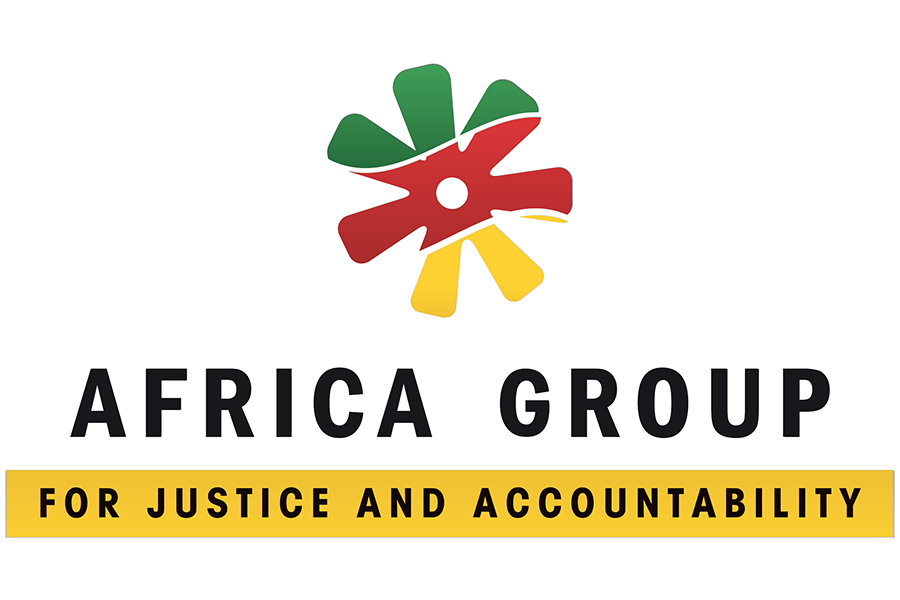26 October 2016
Africa Group for Justice and Accountability: Statement on African state withdrawals from the International Criminal Court (download: PDF)
The Africa Group for Justice and Accountability (AGJA) notes with deep concern the continued reports of African states withdrawing from the International Criminal Court (ICC). In recent days, Burundi, South Africa and The Gambia have all signalled their intention to withdraw.
While the AGJA respects the sovereign rights of states to join and withdraw from the ICC, it urges all states to work within the Rome Statute system and continue their support for the Court.
African states have been at the vanguard of international criminal justice, and were indeed critical in ensuring that the ICC became a reality. Their efforts and their commitment are needed more than ever today. The AGJA welcomes the initiative of a growing number of states, including Botswana and Senegal, which have expressed their concern regarding South Africa’s and Burundi’s intention to withdraw from the ICC and have encouraged states to remain committed to the Court.
The AGJA notes that The Gambia has made important contributions to the development of international criminal justice. Fatou Bensouda, the current Prosecutor of the ICC, is a Gambian national. Africa Group member Hassan Bubacar Jallow, formerly Chief Prosecutor of the International Criminal Tribunal for Rwanda and the Residual Mechanism for International Criminal Tribunals, also hails from The Gambia.
The AGJA calls on The Gambia and all other states considering withdrawal to reconsider and recommit themselves to the Rome Statute.
“Withdrawals from the ICC constitute a serious obstacle to the rights of victims to justice and the duty of states to ensure accountability for mass atrocities. They close an important recourse to justice and undermine the global fight against impunity,” said AGJA member Jallow. “All efforts should be deployed to encourage states to remain members of the ICC and resolve their concerns within the Rome Statute system,” he added.
The Africa Group reiterates its view that concerns held by states regarding the ICC should be addressed by the Assembly of States Parties (ASP), where Member States can work together in a co-operative spirit to build a strong, effective and representative Court. The ASP will meet from 16-24 November 2016 in The Hague.
In line with its Kilimanjaro Principles for Justice and Accountability, the AGJA continues to offer its expertise, mediation and facilitation to African states, the African Union, the ICC and all other relevant actors.
The members of the Africa Group for Justice and Accountability:
- Dapo Akande (Nigeria)
Professor of Public International Law, University of Oxford - Femi Falana (Nigeria)
Human rights activist and lawyer - Hassan Bubacar Jallow (Gambia)
Former Prosecutor at the International Criminal Tribunal for Rwanda and International Residual Mechanism for Criminal Tribunals - Richard Goldstone (South Africa)
Former Chief Prosecutor of the United Nations International Criminal Tribunal for Rwanda and the former Yugoslavia - Tiyanjana Maluwa (Malawi)
H. Laddie Montague Chair in Law, Pennsylvania State University School of Law - Athaliah Molokomme (Botswana)
Attorney General of Botswana - Betty Kaari Murungi (Kenya)
Independent Consultant on Human Rights and Transitional Justice - Mohamed Chande Othman (Tanzania)
Chief Justice of Tanzania - Navi Pillay (South Africa)
Former UN High Commissioner for Human Rights - Catherine Samba-Panza (Central African Republic)
Former Transitional President of the Central African Republic - Fatiha Serour (Algeria)
Director of Serour Associates for Inclusion and Equity - Abdul Tejan-Cole (Sierra Leone)
Executive Director of the Open Society Initiative for West Africa


